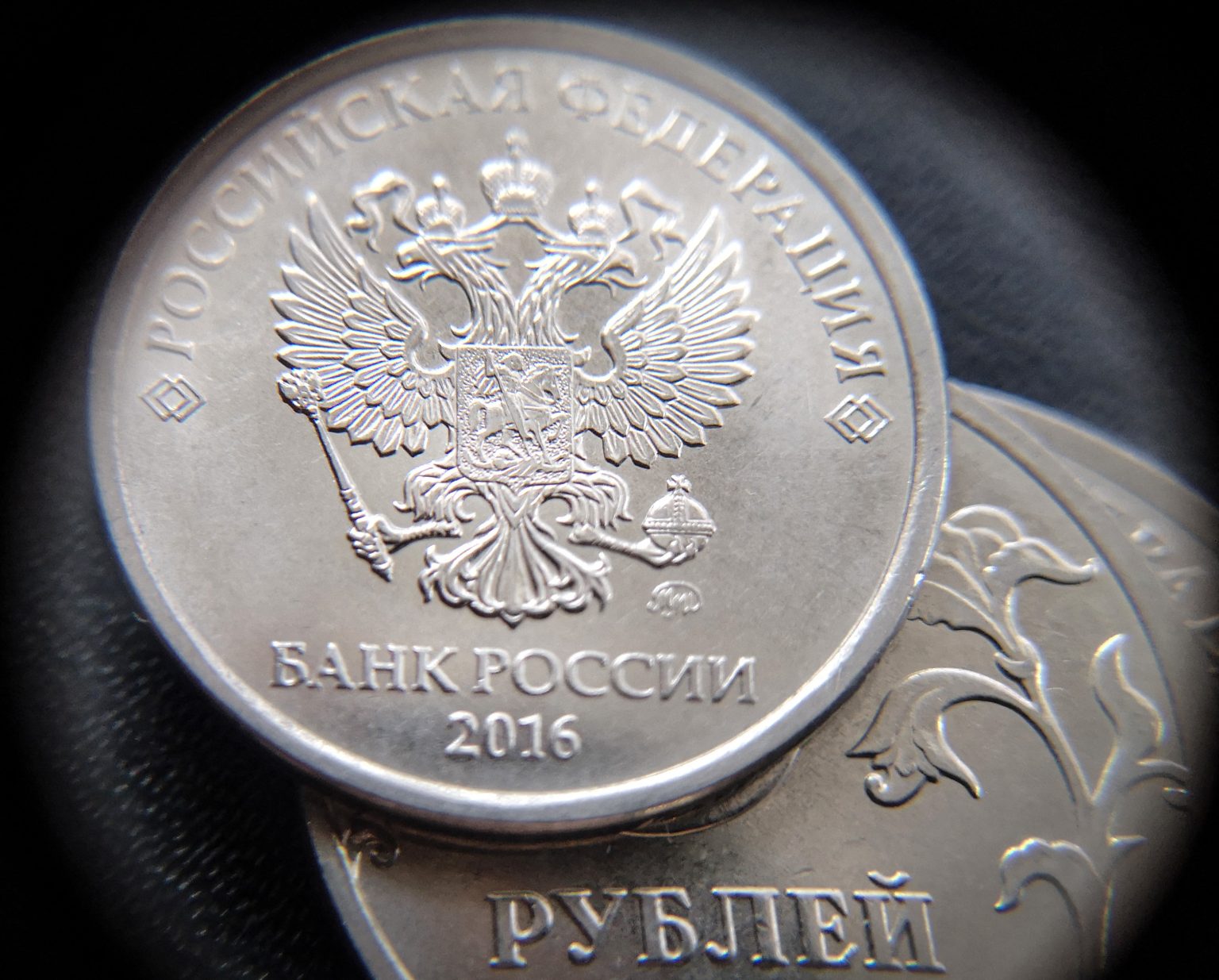The Russian economy is grappling with significant turbulence, largely stemming from its ongoing war in Ukraine and the subsequent wave of Western sanctions. A key indicator of this instability is the plummeting value of the ruble, which recently reached a wartime low against the US dollar. This devaluation, exacerbated by factors such as dwindling natural gas revenues, escalating inflation, and labor shortages, presents a serious challenge to the Kremlin’s war effort and its ability to maintain economic stability. British officials have pointed to the weakening ruble as a major contributor to inflationary pressures within Russia, further complicating the country’s economic outlook.
The decline in the ruble’s value is attributed to a confluence of factors. Firstly, the latest tranche of US Treasury sanctions, targeting key Russian financial institutions, has significantly restricted the flow of foreign currency into the country. This has been compounded by limitations on exporter revenues due to sanctions on oil and gas, coupled with the rising cost of cross-border transactions, which inflates import prices and further devalues the ruble. While the Russian Central Bank (CBR) has taken steps like pausing foreign currency purchases, these measures have had limited impact, and the ruble continues to fluctuate significantly. The CBR’s decision against raising interest rates further, despite record-high levels, has drawn criticism for potentially exacerbating economic imbalances and fueling inflation.
The ongoing war in Ukraine has placed an immense strain on the Russian budget, with a significant portion allocated to military spending. This, combined with the economic fallout from sanctions and declining energy revenues, has created a precarious fiscal situation. While Russia attempts to mitigate the impact of sanctions through initiatives like the expansion of its digital ruble scheme, its effectiveness remains uncertain, especially considering the limited international acceptance of the digital currency. Expert analysis suggests that the digital ruble, while potentially beneficial for domestic transactions, is unlikely to significantly offset the negative economic consequences of sanctions in the short term.
The recent termination of the natural gas transit deal with Ukraine further complicates Russia’s economic predicament. This move represents a substantial loss of revenue for Gazprom, Russia’s state-owned energy giant, estimated at billions of dollars annually. The loss of this revenue stream further restricts the inflow of foreign currency and adds to the downward pressure on the ruble. Coupled with the existing economic challenges, the termination of the gas transit deal paints a bleak picture for Russia’s economic prospects. The confluence of these factors points to continued volatility and uncertainty in the Russian economy.
In an attempt to navigate these challenges, Russia has been promoting its digital ruble, expanding its pilot program to include major financial institutions. The intention is to create a more streamlined and regulated domestic payment system, potentially mitigating the impact of sanctions and facilitating trade. However, the digital ruble faces significant hurdles, particularly in terms of international acceptance. Foreign businesses remain hesitant to adopt the digital currency, preferring established payment channels and, increasingly, cryptocurrencies for cross-border transactions. The limited uptake of the digital ruble suggests that its impact on mitigating the effects of sanctions will likely be minimal in the foreseeable future.
The depreciation of the ruble and the broader economic instability in Russia are prompting growing concerns among businesses and experts. High interest rates, while aimed at curbing inflation, are stifling business activity. The volatile currency market and the lack of effective policy responses suggest further fluctuations are likely. The combination of dwindling energy revenues, the impact of sanctions, and the ongoing costs of the war in Ukraine presents a complex and challenging economic landscape for Russia, with significant implications for its domestic stability and international relations. The future trajectory of the Russian economy remains highly uncertain, with potential for further deterioration should these challenges persist or escalate.

